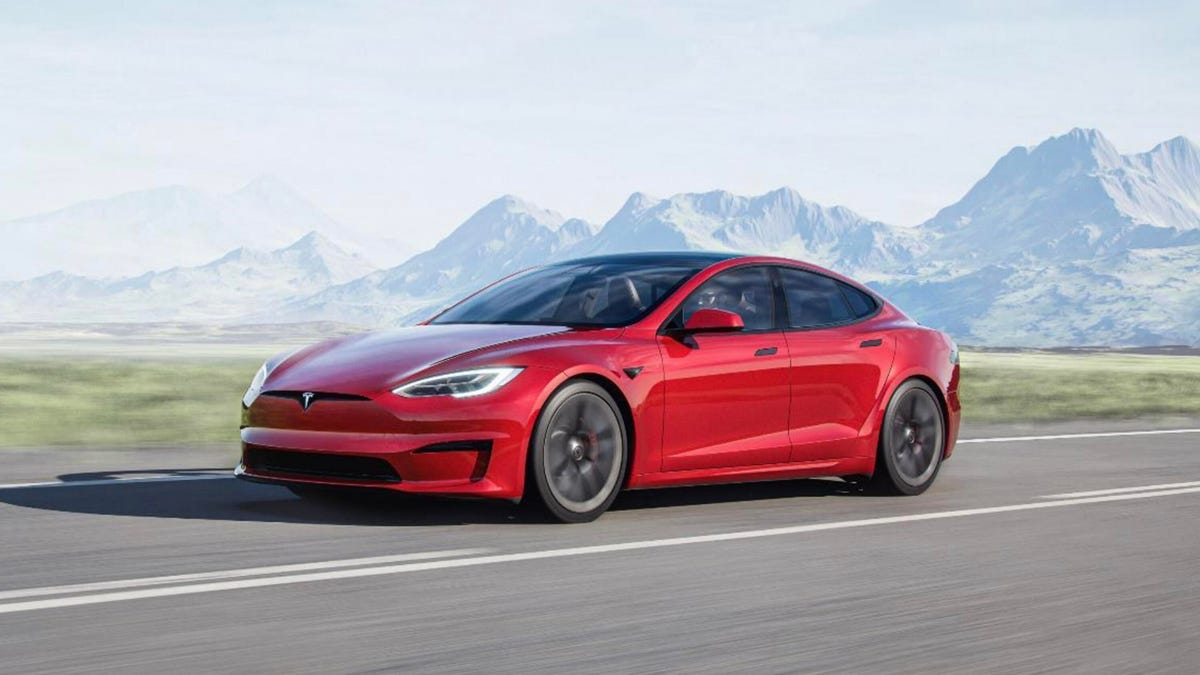Feds' Tesla Autopilot probe sees NHTSA request driver-assist data from rivals
NHTSA wants to gather information on comparable Level 2 driver-assist systems as it investigates Autopilot crashes involving first responders.
The federal government has made contact with a number of major automakers as it looks to get a handle on just how well Level 2 driver-assist systems function in the real world. On Monday, the National Highway Traffic Safety Administration requested data and information from numerous automakers on their L2 systems as it investigates Tesla's Autopilot. NHTSA opened the investigation into Tesla's driver-assist system after numerous crashes involving first responders.
Specifically, NHTSA said it's aware of 11 crashes involving Tesla vehicles with Autopilot engaged, which struck emergency vehicles. These crashes resulted in 17 injuries and one fatality. The investigation's scope includes 765,000 Tesla cars. The automaker does not operate a public relations department to field requests for comment and NHTSA declined to comment further beyond the letters sent to various automakers.
Those companies include General Motors, Ford, Stellantis, Volkswagen, Toyota, Honda, Nissan and Subaru. NHTSA seeks the number of vehicles each automaker built with L2 driver-assist systems for the US market and how many miles those systems have covered on US roads. All crash reports, driver complaints about the systems, lawsuits and more are part of the government's request.
The US automakers have until Nov. 3 to respond, while foreign automakers have until Nov. 17. Monetary penalties up to $115 million may be exercised if an automaker fails to comply.
With this data, NHTSA will be able to see how Autopilot's rival systems operate on the road, and how frequently they're engaged when involved in a crash. L2 systems require a driver's attention at all times, even in the case of Autopilot, and do not constitute autonomous capabilities. Even systems such as GM's Super Cruise, which can operate without a driver's hands on the wheel, still requires a driver's full attention to operate.
Read more: Self-driving cars: A level-by-level explainer of autonomous vehicles


